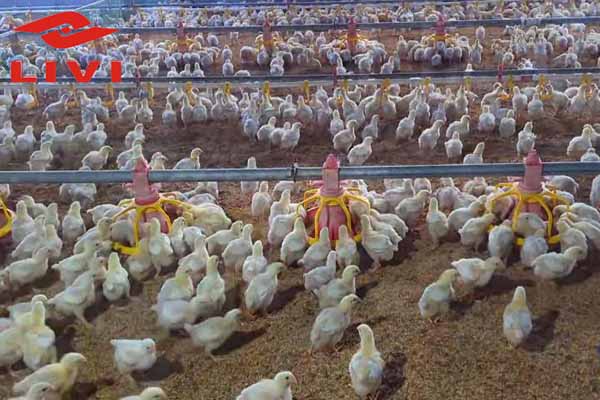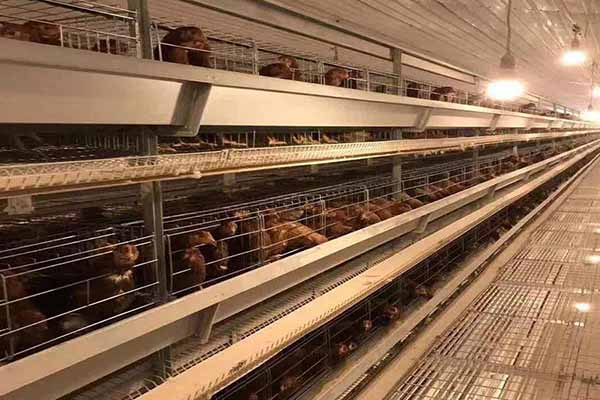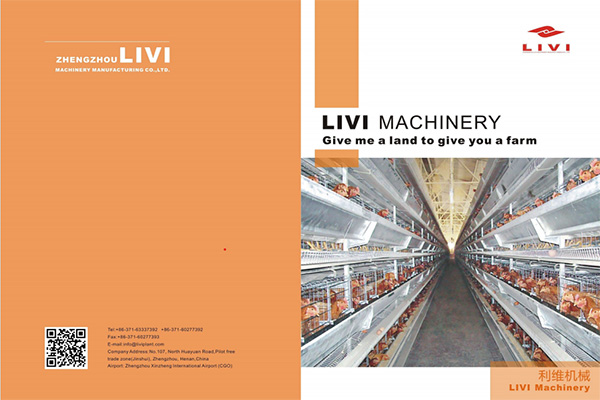Regular Inspection Items for Chicken Farming Equipment in Tanzania
Time : 2025-06-25
Chicken farming is a vital component of the agricultural sector in Tanzania, providing a significant source of protein for the local population and a valuable income for farmers. To ensure the efficiency and productivity of chicken farming operations, regular inspection of the equipment is crucial. This article outlines the key inspection items for chicken farming equipment in Tanzania, emphasizing the importance of maintaining a high standard of care and professionalism.
Introduction
The success of a chicken farming business in Tanzania depends on the proper functioning of its equipment. Regular inspections help identify potential issues before they become significant problems, leading to improved productivity and reduced downtime. This article provides a comprehensive guide to the regular inspection items for chicken farming equipment, ensuring that farmers and farm managers can maintain their operations at optimal levels.
1. Feeders and Waterers
Feeding and watering systems are critical to the health and productivity of chickens. Regular inspection items include:
- Feeder Cleanliness: Check for signs of caking or buildup of feed particles, which can indicate a clog or malfunction.
- Water Quality: Ensure that the water supply is clean and free of contaminants. Check for any leaks or blockages in the water lines.
- Adjustment Mechanisms: Verify that the feeders and waterers are properly adjusted for the size and needs of the chickens.
- Sanitation: Regularly clean and sanitize feeders and waterers to prevent the spread of disease.
2. Housing and Environment
The living conditions of chickens significantly impact their health and growth. Key inspection items include:

- Temperature Control: Monitor the temperature within the chicken houses to ensure it remains within the optimal range for the chickens.
- Ventilation: Check that the ventilation system is functioning correctly to maintain a comfortable and healthy environment.
- Lighting: Assess the lighting system to ensure it provides adequate light for the chickens while minimizing heat generation.
- Structure Integrity: Inspect the physical structure of the chicken houses for any signs of wear or damage that could compromise the safety of the chickens.
3. Incubators and Brooders
Incubators and brooders are essential for hatching chicks and ensuring their early growth. Regular inspection items include:
- Temperature and Humidity: Verify that the incubators and brooders maintain consistent and appropriate temperatures and humidity levels.
- Timer Accuracy: Check that the timers are functioning correctly to control the incubation and brooding cycles.
- Sanitation: Clean and sanitize incubators and brooders regularly to prevent the spread of disease.
- Equipment Functionality: Inspect all components of the incubators and brooders for any signs of malfunction or wear.
4. Egg Collection Equi pment
pment
Efficient egg collection is vital for maintaining the quality of the eggs produced. Key inspection items include:
- Handling Mechanisms: Check that the mechanisms for moving eggs are in good working order to prevent damage.
- Sanitation: Ensure that all egg collection equipment is clean and sanitized to prevent contamination.
- Storage Conditions: Verify that the storage area for collected eggs maintains the appropriate temperature and humidity levels.
5. Farm Vehicles and Machinery
Transportation and machinery are essential for the operation of a chicken farm. Regular inspection items include:
- Tire Condition: Inspect tires for proper inflation, tread wear, and any signs of damage.
- Engine Oil Levels: Check the oil levels and condition in all farm vehicles and machinery.
- Battery Condition: Verify that batteries are fully charged and in good condition.
- General Maintenance: Perform a general maintenance check on all vehicles and machinery to ensure they are in safe working order.
Conclusion
Regular inspection of chicken farming equipment in Tanzania is essential for maintaining a productive and profitable operation. By following the inspection items outlined in this article, farmers and farm managers can ensure that their equipment is in optimal condition, leading to healthier chickens and higher yields. Remember, a well-maintained farm is a successful farm.












